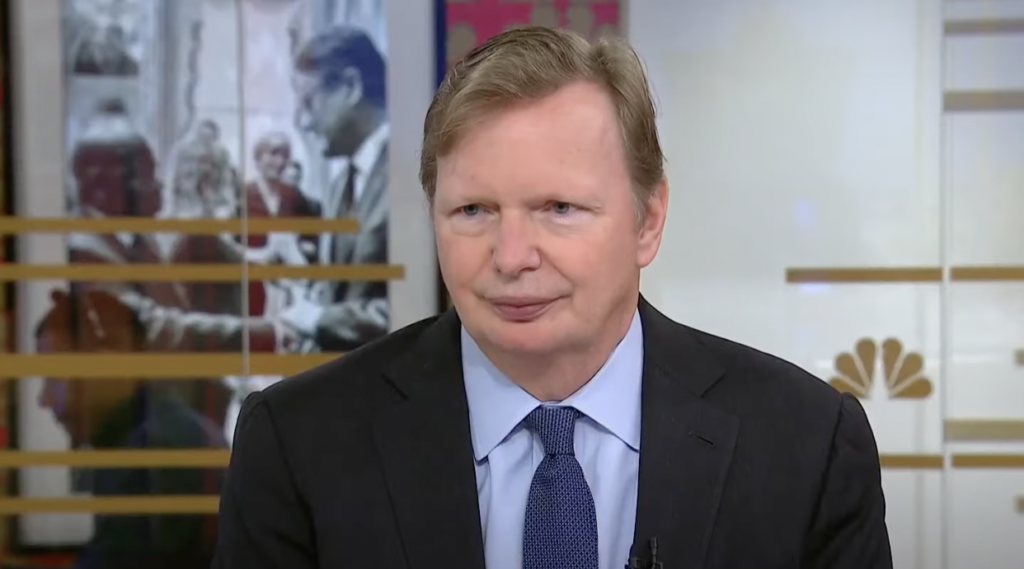In recent discussions surrounding the upcoming 2024 election, Jim Messina, a former adviser and campaign manager for Barack Obama, expressed concerns about Donald Trump’s potential maneuvers to undermine the electoral process. During an interview with Jen Psaki on MSNBC, Messina asserted that Trump was planning to “steal” the election, a statement that sparked debate over the appropriateness of such charged language in political discourse. This rhetoric has been criticized by Democrats and the media in previous years, as it raises alarms about the state of democracy and the implications of questioning election integrity.
Messina’s worries stem from Trump’s actions in battleground states, where he has initiated numerous lawsuits targeting aspects of the electoral process, such as early voting and voter rolls. Messina framed these legal tactics as early indicators of Trump’s strategy to manipulate the election results. He suggested that these lawsuits are part of a broader plan to establish a precedent that would allow for election interference, potentially culminating in appeals to the Supreme Court. This dire outlook from Messina reflects a growing anxiety among Democrats as they witness Trump’s escalating rhetoric and assertive strategies as Election Day approaches.
In contrast to Messina’s dire predictions, Trump’s campaign responded with dismissiveness. Steven Cheung, a spokesperson for Trump’s campaign, labeled Messina as a “punk and a has-been,” claiming that he was out of touch with current political realities. Cheung’s comments suggest that Democrats are panicking about their chances in the upcoming election, accusing them of fabricating excuses in anticipation of a loss. The implication is clear: Trump’s team believes they are building momentum, and this perception is influencing their adversaries’ narratives.
Social media reactions to Messina’s comments reflect a wider sentiment among some observers who argue that such rhetoric is revealing of the Democrats’ fear of defeat. Users on platforms like Twitter echoed sentiments that the Democratic Party is resigned to their probable loss in the election, interpreting Messina’s declaration as an admission of vulnerability. This line of thinking connects the dots between perceived Democratic anxiety and their readiness to employ preemptive narratives regarding election integrity, suggesting a psychological strategy to cope with anticipated failure.
As the election nears, it becomes increasingly apparent that the stakes are high, not just for the candidates but for the national dialogue around democracy and election integrity. Should Trump prevail in the election, it is likely that the conversation around the legitimacy of electoral processes will intensify, with Democrats feeling compelled to voice further concerns about election integrity. This could lead to a cycle of accusations and counter-accusations, where questioning election results becomes increasingly normalized as a tactic, regardless of the outcome.
Ultimately, the current political climate reflects deep divides and heightened tensions as both parties prepare for a potentially contentious election season. If Messina’s analysis is accurate, and Trump indeed aims to challenge the legitimacy of the elections, this could have far-reaching implications for American democracy. The expectation is that Democrats will continue to vocalize their fears in anticipation of what might transpire if Trump is successful at the polls, thereby maintaining the dialogue about the integrity of the electoral process well into the future.

